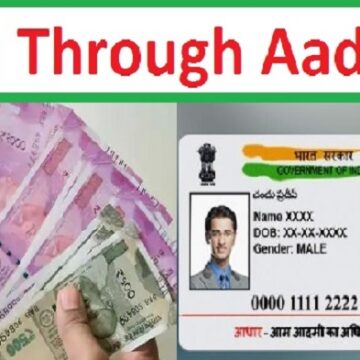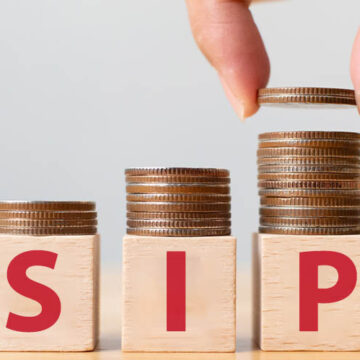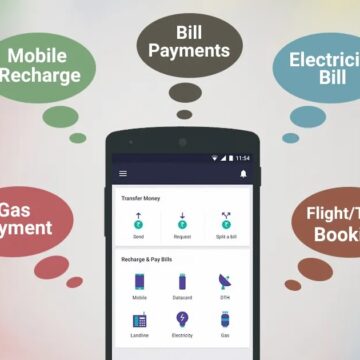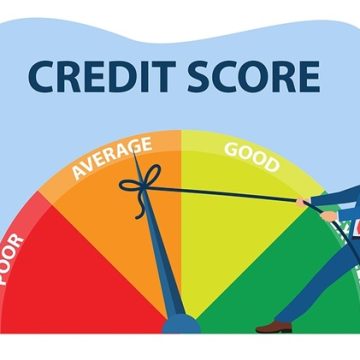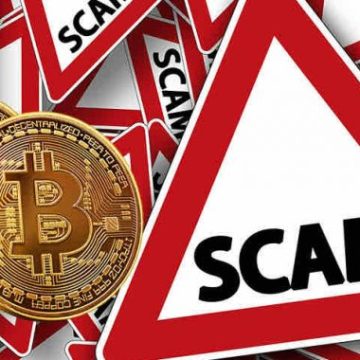Be aware that cryptocurrency markets are volatile, and once your money disappears, it’s gone forever. Fiat currencies are protected by laws. Cryptocurrencies are not.
- Do Your Research
Investing money can be a challenging task if you don’t do your own research and don’t take advice from billionaires and influencers online.
- Don’t Trust Everyone
Anyone who contacts you directly regarding cryptocurrency payments or investment opportunities should be treated with extreme caution. If anyone asks you to use cryptocurrency to pay for anything, don’t trust their emails, regardless of whether they appear to be from government officials or public figures.
- Secure Your Crypto Wallet
Almost everyone has heard of someone who lost Bitcoins after losing control of their virtual wallets. You should never share your seed phrase or private key with anyone who owns cryptocurrencies. Rather than storing that information online, we recommend storing it offline. Private keys are encrypted number strings and are unlikely to be remembered. This information must obviously be stored somewhere. Your private key is what protects your funds in a private wallet. You won’t be able to get help from tech support here. The private key is not held by the most secure Bitcoin wallet company—this is why private wallets are more secure than exchange wallets.
- Use Multi-Factor Authentication
You can keep the bad guys out of your crypto wallet if you use multi-factor authentication. Despite the fact that it isn’t a foolproof solution, it gives you a fighting chance against many attackers, as we learned after the Coinbase hack.
- Check That URL
Make sure you pay attention to the URL of the crypto websites you visit. Often, phishing scammers use legitimate URLs but change letters or numbers. Check for the lock symbol next to the URL to ensure the site is secure.
- Reject Fee Offers
Some crypto offers require an up-front payment. Do not accept any “offers” which require you to pay a cryptocurrency fee. The company’s website should tell you how they protect their customers and whether or not other investors have given them reviews before investing anything.
Make sure your bitcoin wallet was developed by a reputable company with a solid reputation if you’re buying virtual currency and storing it.
It is imperative not to share your wallet credentials with anyone and to avoid logging into it on public Wi-Fi. In addition to two-factor authentication, it’s a smart idea to password protect your devices so that someone cannot access your wallet if they get your phone or laptop.
You can also use multiple wallets and even cold storage devices that are not connected to the internet. This way, you won’t lose everything in case of a breach.








